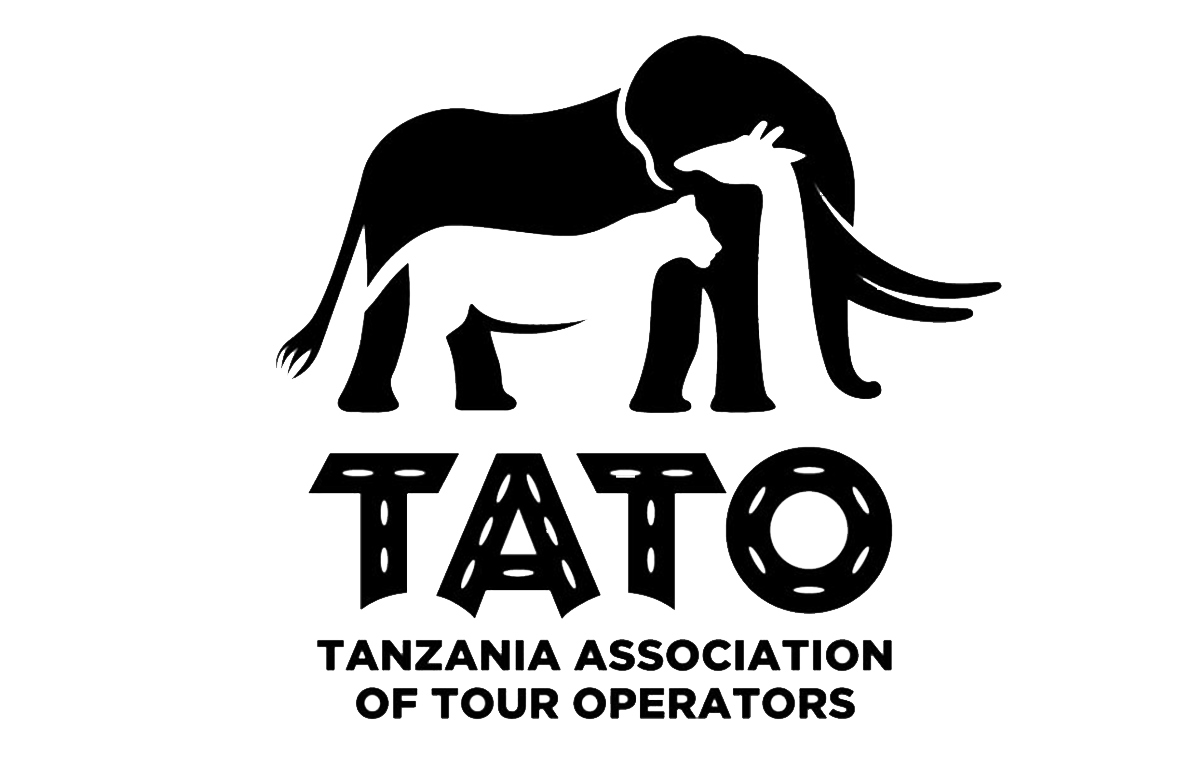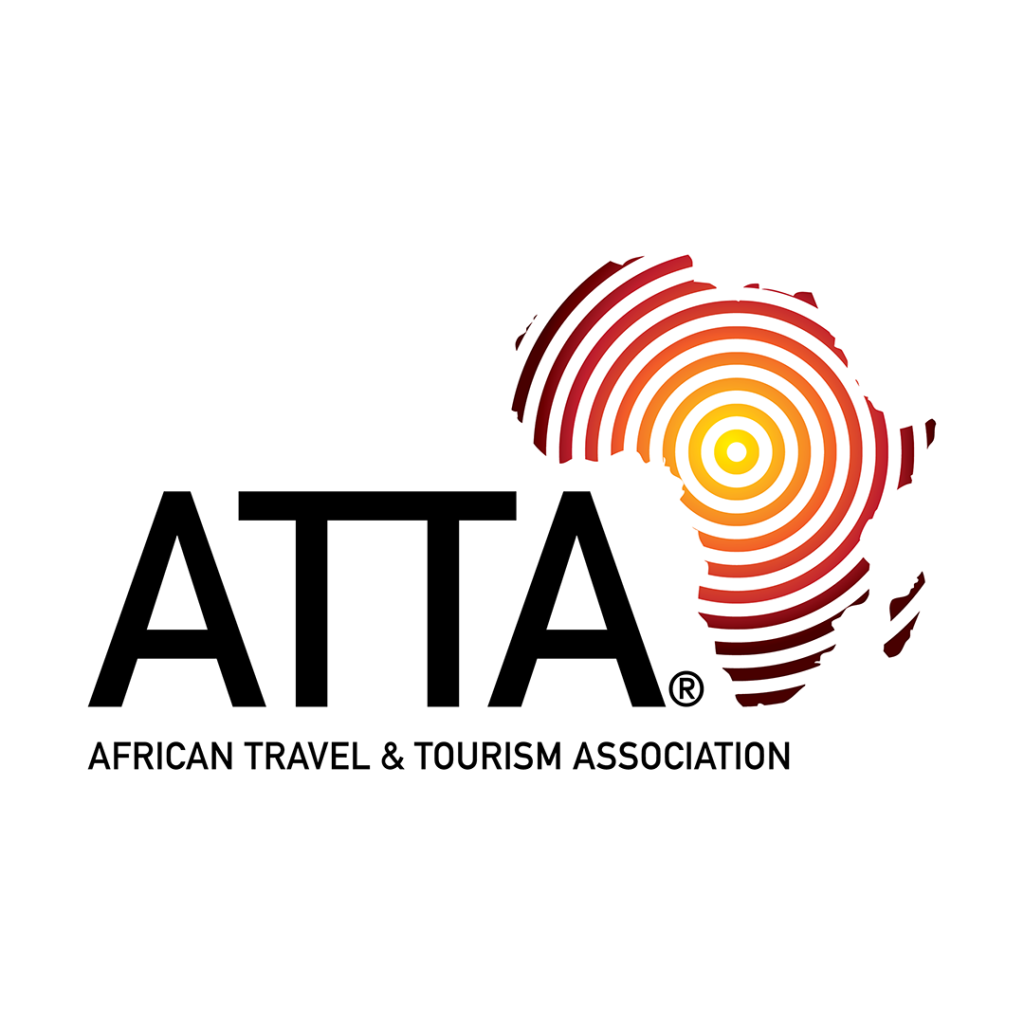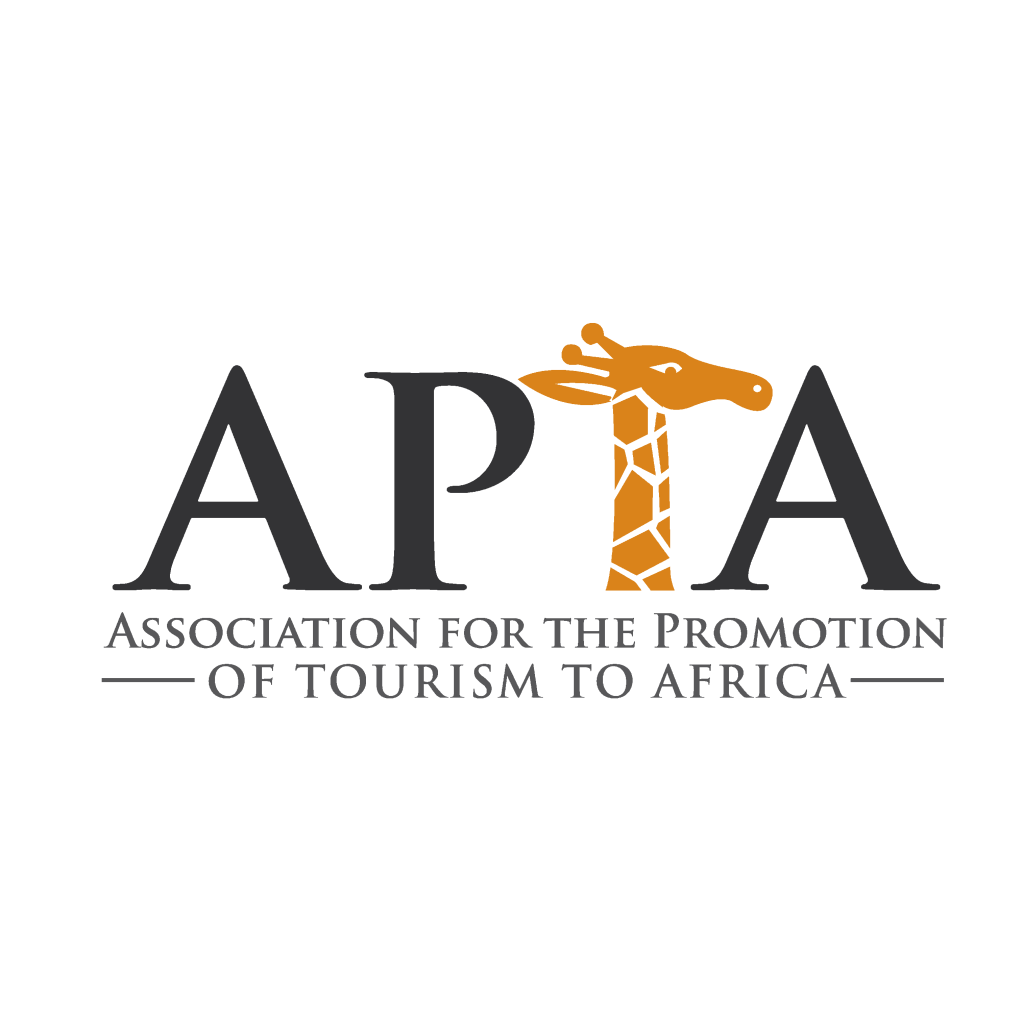TATO Hosts LATRA Stakeholders Meeting on Revised Licensing Fees

On April 28, 2025, the Tanzania Association of Tour Operators (TATO) convened a pivotal stakeholders’ meeting at the Four Points by Sheraton in Arusha. This gathering was organized following a request from the Land Transport Regulatory Authority (LATRA) to discuss the recently gazetted amendments to various transport regulations. The meeting brought together key players in the tourism and transport sectors to deliberate on the implications of these regulatory changes and to provide industry feedback.
Background on LATRA and the Amended Regulations
LATRA, established under the Land Transport Regulatory Authority Act, CAP 413, is mandated to regulate road, railway, and cable transport services in Mainland Tanzania. Its functions include issuing, renewing, and canceling permits or licenses, as well as setting and enforcing safety and service standards.
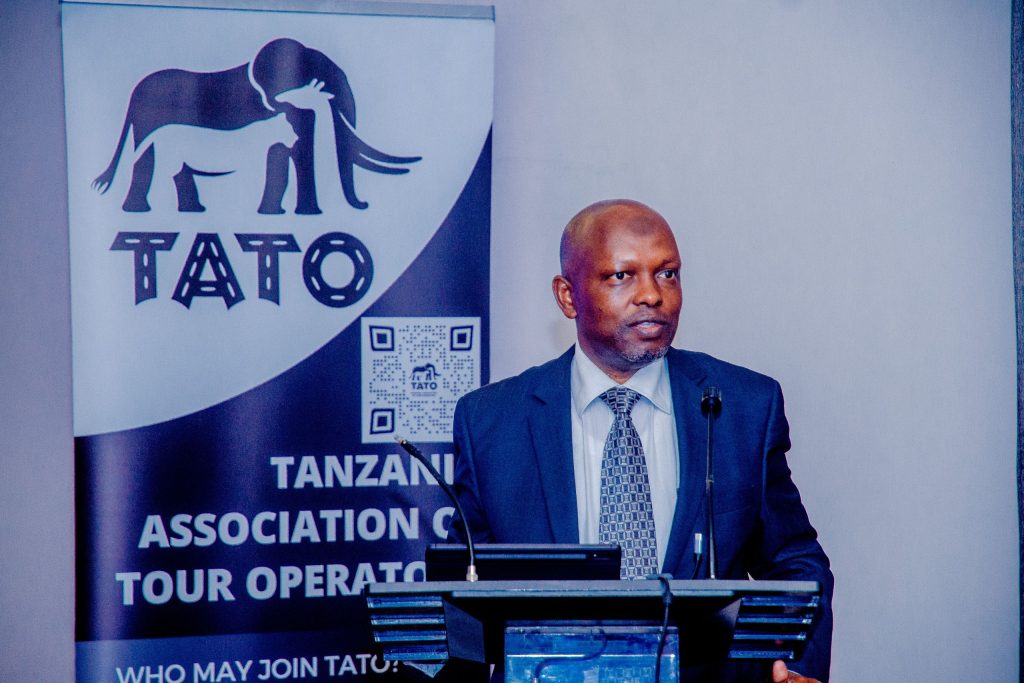
In December 2024, LATRA published amendments to several key regulations:
- The Land Transport Regulatory Authority (Private Hire Services) (Amendment) Regulations, 2024: These amendments expanded the scope of vehicles covered, including special hire vehicles, tour vehicles, staff buses, shuttle vehicles, school buses, rental vehicles, and others with a carrying capacity not exceeding thirty passengers. Notably, the definition of “motor vehicle” was updated to include electric vehicles, reflecting a shift towards sustainable transport solutions. Latra
- The Transport Licensing (Goods Carrying Vehicles) (Amendment) Regulations, 2024: Adjustments were made to licensing fees based on vehicle tonnage, with annual fees ranging from TZS 50,000 for vehicles not exceeding one ton to TZS 350,000 for those exceeding 20 tons. Additional charges were introduced for application forms, cross-border permits, and changes in information. Latra
- The Transport Licensing (Public Services Vehicles) (Amendment) Regulations, 2024: These amendments addressed various aspects, including vehicle specifications, licensing procedures, and service standards for public service vehicles. Latra
Key Discussions and Industry Feedback
During the meeting, stakeholders engaged in in-depth discussions on the practical implications of the amended regulations. Key points included:
- Impact on Tourism Transport Operators: Tour operators expressed concerns about the increased licensing fees and the expanded scope of vehicle categories, emphasizing the need for a balanced approach that considers the operational realities of the tourism industry.
- Transition to Electric Vehicles: The inclusion of electric vehicles in the regulations was welcomed as a positive step towards sustainable tourism. However, operators highlighted the need for supportive infrastructure and incentives to facilitate this transition.
- Compliance and Enforcement: Participants discussed the importance of clear guidelines and support from LATRA to ensure smooth compliance with the new regulations, particularly for small and medium-sized operators.
TATO’s Role and Commitment
TATO reaffirmed its commitment to representing the interests of its members and the broader tourism industry. By organizing this meeting, TATO provided a platform for constructive dialogue between LATRA and industry stakeholders, ensuring that the voices of those directly affected by the regulatory changes were heard.
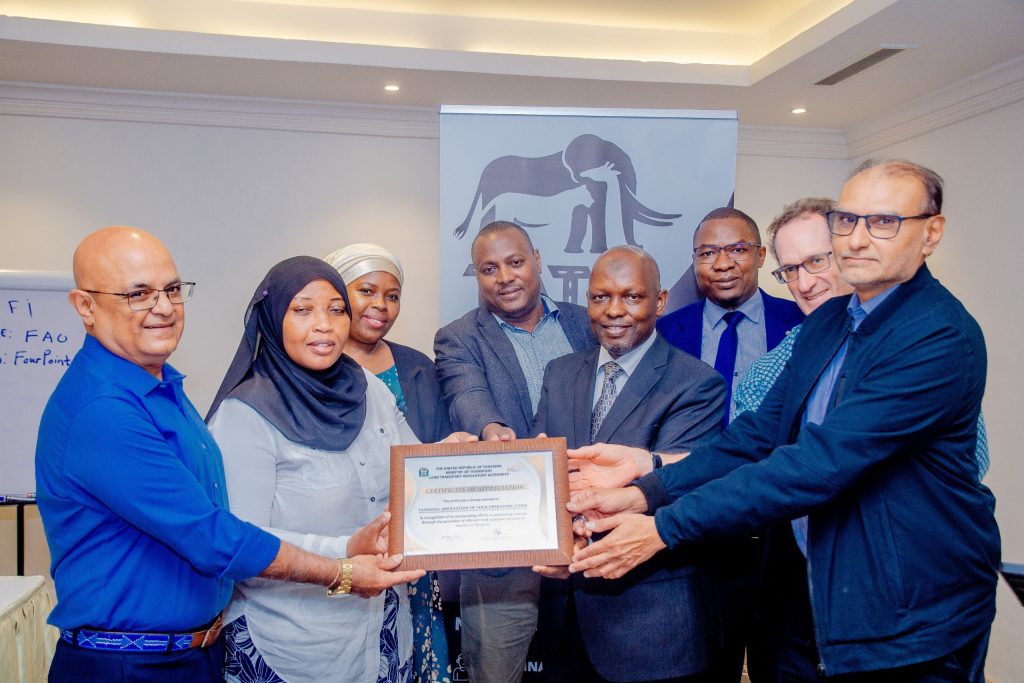
Recognition of TATO’s Efforts
At the conclusion of the meeting, LATRA awarded TATO a Certificate of Appreciation in recognition of its outstanding efforts in promoting tourism through the provision of efficient land transport services. This acknowledgment underscores the importance of collaboration between regulatory bodies and industry associations in shaping policies that support sustainable growth.
Conclusion
The stakeholders’ meeting organized by TATO, at the request of LATRA, marked a significant step in fostering collaboration between the regulatory authority and the tourism transport sector. The discussions held and feedback provided will play a crucial role in refining the implementation of the amended regulations, ensuring they support the continued development of Tanzania’s tourism industry.
